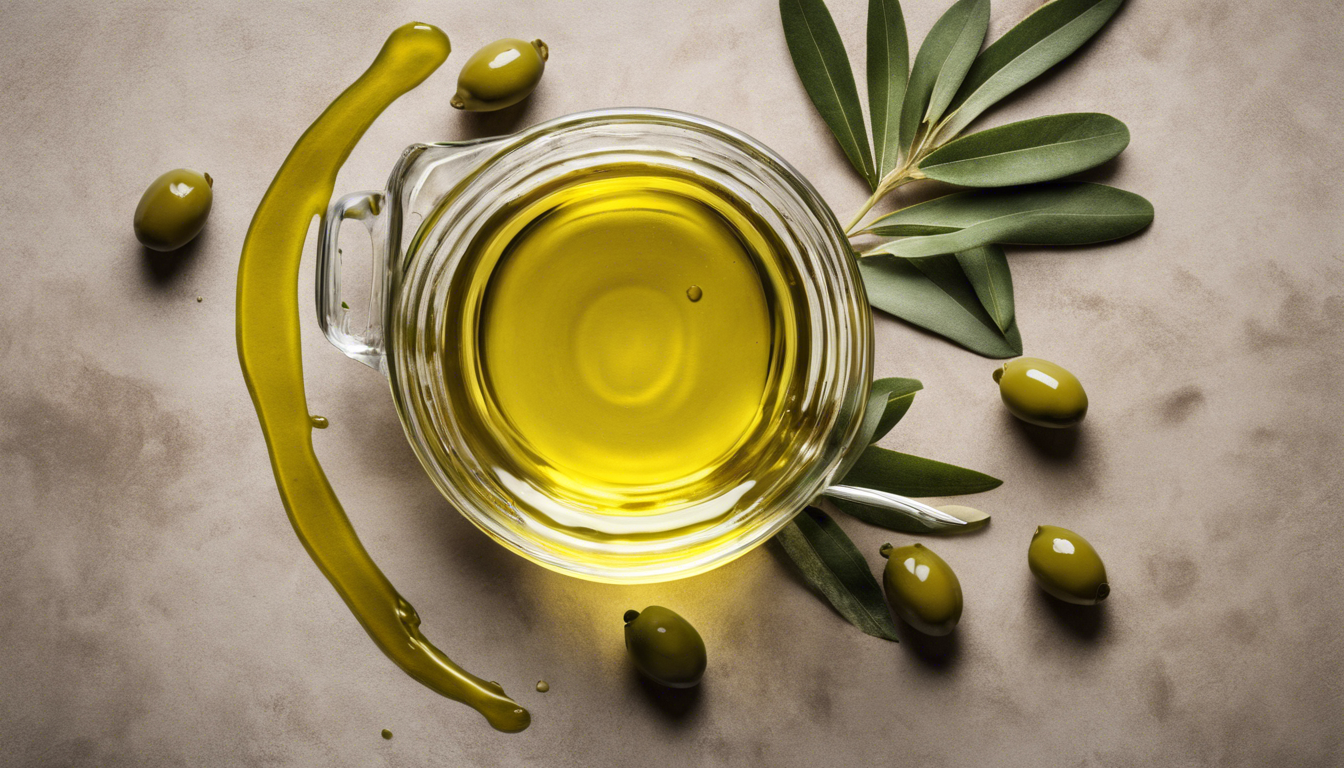Olive oil has long been a staple in kitchens worldwide, celebrated for its rich flavor and versatility.
However, its reputation hasn’t been without controversy.
Many people find themselves wondering, ‘Is olive oil bad for you?’ In this article, we’ll dive into the different types of olive oil, uncover the truth behind common myths, and explore the health benefits that research suggests.
Let’s set the record straight so you can enjoy cooking with olive oil without any doubts!
Health Benefits of Olive Oil: What the Research Says
When it comes to cooking oils, olive oil is often lauded as a superstar in health circles, but you might be wondering, is olive oil bad for you?
The short answer is a resounding no!
In fact, research indicates that olive oil is packed with heart-healthy fats, primarily monounsaturated fatty acids, which can help lower bad cholesterol levels and support cardiovascular health.
Plus, it’s rich in antioxidants like vitamin E and polyphenols, which have anti-inflammatory properties that can reduce the risk of chronic diseases.
Studies have shown that incorporating olive oil into your diet may even aid in weight management and improve brain function.
So, next time you reach for that bottle of olive oil, know that you’re not just enhancing the flavor of your dish, but also doing wonders for your well-being!
Frequently Asked Questions
What are the different types of olive oil, and how do they differ?
Olive oil comes in several types, including extra virgin, virgin, and refined.
Extra virgin olive oil is made from the first cold pressing of olives and has the highest quality and flavor.
Virgin olive oil is also a good quality but may have slight defects.
Refined olive oil has been processed to remove impurities, leading to a lighter flavor but fewer nutrients.
Is it true that olive oil is unhealthy for cooking because it has a low smoke point?
While olive oil does have a lower smoke point compared to some oils, high-quality extra virgin olive oil is still safe for cooking at medium heat.
Its health benefits often outweigh the concerns about smoke point when used properly.
What are some common myths about olive oil that I should be aware of?
Some myths include the belief that olive oil is always unhealthy or that all olive oils are the same.
In reality, when used moderately, olive oil can be very healthy, and different types provide varying health benefits.
What health benefits are associated with consuming olive oil?
Research shows that olive oil is rich in healthy monounsaturated fats, antioxidants, and anti-inflammatory properties.
Regular consumption may improve heart health, reduce the risk of chronic diseases, and promote healthy aging.
How should I incorporate olive oil into my diet for health benefits?
You can use olive oil in salad dressings, marinades, or for sautéing vegetables.
Drizzling it over cooked dishes or using it as a dip for bread are also great ways to enjoy its flavor and benefits.
Just be mindful of portion sizes!
